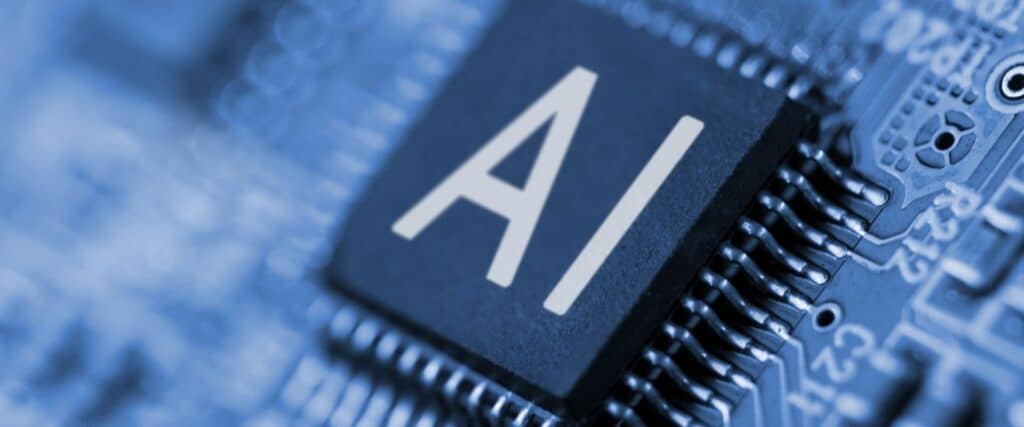Why Productivity Is Crucial for Master’s Degree Success
Let’s face it, undertaking a master’s degree isn’t a walk in the park. You’re likely balancing a heavy academic load alongside internships, part-time jobs, and a personal life. Without solid time management and productivity strategies, things can quickly spiral.
Here’s why productivity matters: it helps you gain control, reduce stress, and make meaningful progress in your program. With a well-crafted system, you’ll not only survive but thrive during your studies. Remember, grad school is an opportunity to grow intellectually and personally, make the most of it with the right approach.
Top Productivity Books Every Master’s Student Should Read
Keep in mind that time management is a skill, and effective study skills can be learned and honed. By learning about healthy habits, time management, and focus, you can take actionable steps towards greater productivity and academic success.
Additionally, the number of books and resources on these topics is growing rapidly. Start by researching to find the book that best suits your lifestyle and productivity goals, and then dive into reading.
Let’s explore three books we recommend to get you started:
Superhabits: The Universal System for a Successful Life – Andrew V. Abela
Abela presents a clear, actionable system for developing purposeful habits that lead to lasting success. This book blends timeless wisdom with modern psychology, helping readers align daily routines with life goals. A must-read for those serious about intentional living and long-term achievement.
In a nutshell: A powerful read for building intentional, results-driven habits that align with long-term goals.
Atomic Habits – James Clear
Clear delivers a powerful guide to habit formation, showing how tiny, consistent changes can yield major results. Backed by science and packed with practical tips, it’s ideal for students, professionals, and anyone aiming for personal growth. It’s simple, smart, and endlessly applicable.
In a nutshell: Learn how small daily improvements lead to extraordinary academic and personal outcomes.
Deep Work – Cal Newport
Newport’s compelling insights on deep focus and eliminating distractions are game-changers. He outlines how intense concentration not only boosts productivity but also unlocks true creative and academic potential. Essential for anyone seeking to do meaningful work in a distracted world.
In a nutshell: Perfect for mastering concentration. Learn how to eliminate distractions and engage in focused, high-quality study sessions.
Notion: Organize Everything in One Place
From lecture notes to to-do lists and reading trackers, Notion offers unmatched flexibility for academic organization.
Asana: Group Work Made Seamless
Asana is ideal for managing collaborative projects. Assign tasks, monitor deadlines, and reduce confusion within your study groups.
Trello: Visualize Your Workflow
Track weekly goals and assignments with a user-friendly drag-and-drop interface via Trello.
Google Calendar: Plan Smarter
With Google Calendar, you can sync deadlines, block out study hours, and set reminders so you never miss a meeting or exam again. Stay on top of assignment due dates, set targets for each day or week, and manage your study time so you can achieve your goals.
Digital tools can be a great way to set goals and boost your productivity. Not to mention that many digital tools are free. In fact, free tools are ideal for a student’s budget.
Go Analog
On the other hand, don’t forget the power of an old-fashioned calendar or notebook planner. At the end of the day, you need to find the system that works best for you. Some students prefer to work fully digitally.
If you’re someone who’s easily distracted and gets overwhelmed with digital notifications, consider going offline and planning your time manually. For example, get a physical calendar and a planner notebook at your local bookshop or paper store. Some studies have shown that writing things physically on paper may improve memory and knowledge retention.
Insight Timer: Focus-Fueling Meditation
Use focus timers such as Insight Timer, ambient music, and mindfulness meditations to maintain calm and improve concentration while studying.
Calm: Recharge Your Brain
Decompress with guided breathing, sleep aids, and meditation to maintain mental clarity during heavy study periods with tools such as Calm.
Headspace: Daily Mental Fitness
With bite-sized sessions for stress, anxiety, and productivity, Headspace helps you reset and recharge.
Time-Blocking Strategies for Master’s Students
A study habit such as time-blocking is a powerful technique that helps you allocate fixed hours for study, breaks, exercise, and relaxation. It prevents burnout and ensures consistent and sustainable productivity.
Try the Pomodoro Technique:
- 25 minutes of focused work
- 5-minute break
- Repeat four times, then take a longer 15–30-minute break.
To implement this, set a timer to manage your work in smaller ‘chunks’ of time. This age-old technique helps to break tasks down into manageable steps and ensures you stay focused on the task at hand.
Whenever you can, schedule “no-study” days or hours to reset your mind and avoid academic fatigue. It is crucial to make time for socializing, exercise, and rest to maintain a healthy study-life balance and avoid burnout.
Optimize Your Study Environment for Maximum Focus
Where you study impacts how you study. Curate your workspace to minimize distractions and enhance productivity. Here are some tips:
- Use noise-canceling headphones or white noise apps. It’s best to study in a quiet space where you can focus and avoid distractions. Your university library or study areas on campus can be great spaces for studying. If you focus better at home, create a proper desk setup for yourself.
- Keep your desk clean and clutter-free. Take into account factors like a comfortable or ergonomic chair and good lighting that will prevent eye strain.
- Add a plant for cleaner air or a motivational quote to keep your energy up. Whether it’s sticky notes, a colourful poster, adding a touch of colour can brighten up your workspace and keep you motivated.
How Sleep and Nutrition Boost Student Productivity
It’s easy to overlook the basics during a busy semester, but sleep and nutrition are essential for peak performance.
- Maintain a consistent sleep schedule. Ensure you get between 7-9 hours of sleep. Try to avoid all-night cram sessions.
- Stay hydrated (consider a reusable water bottle), and fuel up with brain-friendly foods. Nuts, berries, dark chocolate, fish, and colourful vegetables are great for fueling your brain while you study.
- Avoid heavy meals and caffeine too close to bedtime. Ideally, try to avoid caffeine at least a few hours before bed.
Design Your Master’s Journey: Purposeful Planning For Academic Success
Success in a master’s program comes from more than just hard work. By building strong habits, using the right productivity tools, staying mentally resilient, and prioritizing your wellness, you’ll set yourself up for academic excellence and personal fulfillment. Whether you’re aiming for top grades, publishing research, or landing a dream job post-grad, productivity is your secret weapon. If you hone these skills early on, they will serve you throughout your studies and long after.
Stay ahead of industry trends with insights from master’s students around the world.






